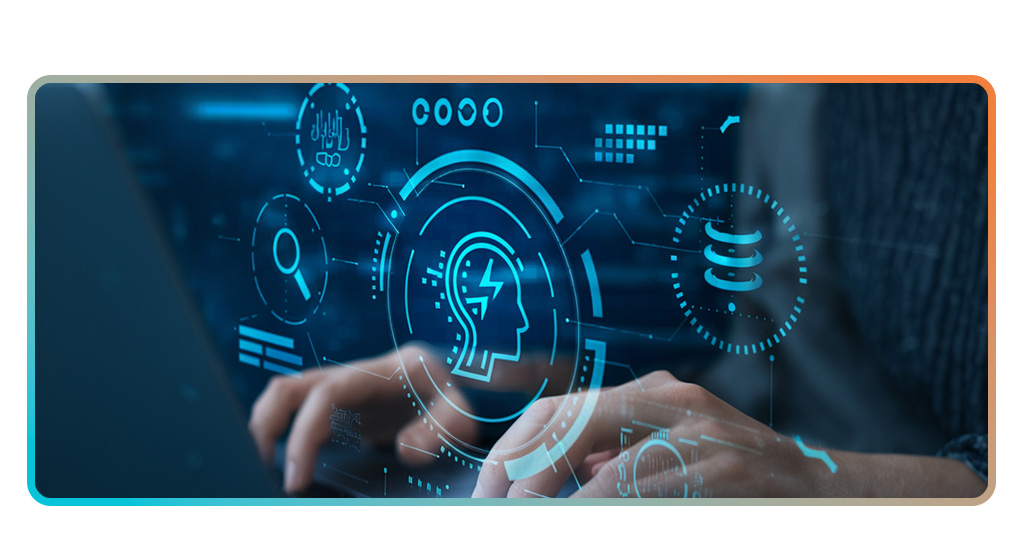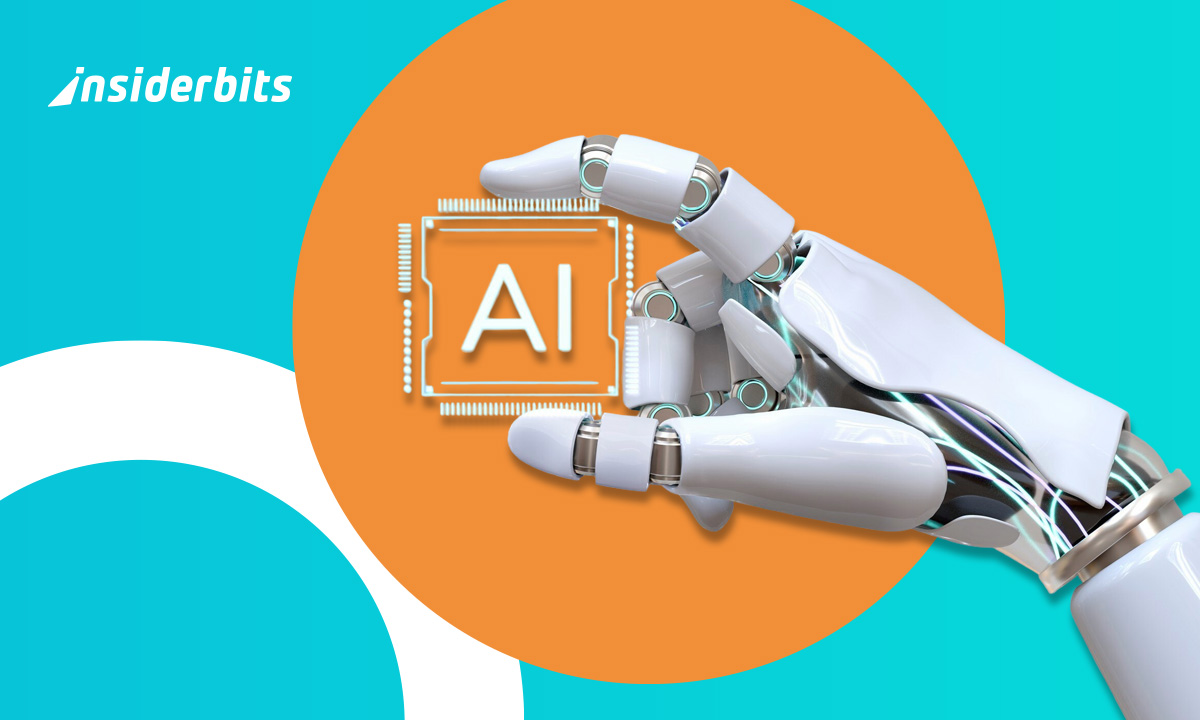The era of passive AI tools is giving way to a new generation of autonomous AI agents—intelligent systems capable of making decisions and completing complex tasks without constant human oversight.
As we progress through 2025, these digital assistants are evolving beyond simple chatbots and voice responders into sophisticated entities that manage schedules, optimize workflows, and even make financial decisions on our behalf.
This transformation is reshaping both personal productivity and business operations, creating a landscape where humans collaborate with AI partners rather than merely issuing commands.
- AI and Copyright: Who Really Owns AI-Generated Content?
- 3 Free AI Courses for Beginners With Certificates
- 6 Cool AI Tools for iPhone While You Wait for Apple-OpenAI
Understanding AI Agents
AI agents represent a significant leap from conventional artificial intelligence systems. Unlike reactive AI that responds to direct queries, these agents operate with varying degrees of autonomy, learning from user behavior to anticipate needs and take proactive actions.
According to IBM’s research, modern AI agents combine several key capabilities:
- Goal-oriented processing: they work towards defined objectives (e.g., “optimize my weekly schedule”);
- Contextual awareness: they understand user preferences and environmental factors;
- Multi-step reasoning: they can break complex tasks into actionable sequences.
Platforms like PwC’s Agent OS demonstrate how enterprises are deploying these agents for everything from contract analysis to customer service automation.
The Evolution of AI Agents in Daily Life
The applications of AI agents have expanded dramatically across personal and professional spheres:
Personal Productivity Agents
- Smart scheduling systems that coordinate meetings across time zones;
- Financial optimizers that manage subscriptions and suggest savings;
- Health companions that track medications and schedule checkups.
Business Implementation
- Customer service agents handling 70% of routine inquiries (per Microsoft’s findings);
- Supply chain coordinators predicting disruptions and rerouting shipments;
- Creative collaborators assisting with design iterations, as seen in our AI tools for architects guide.
Forbes reports that 45% of knowledge workers now interact with AI agents daily, a figure expected to reach 80% by 2026.
Key Benefits of Integrating AI Agents
As artificial intelligence becomes more embedded in daily operations, AI agents are transforming how individuals and businesses work. Far beyond simple automation, these agents offer intelligent support tailored to specific goals, behaviors, and data environments.
From improving productivity to enhancing decision-making, here are the core advantages of bringing AI agents into the fold:
Continuous Productivity Optimization
AI agents work asynchronously, completing tasks during off-hours and identifying inefficiencies humans might miss.
Hyper-Personalization
Systems like Genies’ digital assistants adapt to individual communication styles and preferences.
Decision Support
By analyzing vast datasets, agents provide recommendations with contextual awareness that surpasses human limitations.
Challenges and Ethical Considerations of AI Agents
The rapid advancement of AI agents brings significant benefits, but also introduces complex challenges that demand careful consideration.
One of the most pressing concerns involves privacy implications, as these continuously learning systems require extensive data collection to function effectively.
The always-on nature of autonomous agents means they potentially have access to sensitive personal and professional information, from private communications to financial transactions.
This creates substantial data governance challenges, particularly when agents operate across multiple jurisdictions with differing privacy regulations.
Another critical issue is the risk of over-reliance on automated decision-making. As AI agents become more capable of handling complex tasks, there’s growing concern about the potential erosion of essential human skills.
Professionals across industries may gradually lose their ability to perform certain analytical or decision-making functions if they routinely defer to AI systems.
This dependence could prove problematic in situations requiring human judgment that accounts for nuanced ethical considerations or unprecedented scenarios beyond an agent’s training data.

Transparency represents perhaps the most technically challenging limitation. Many advanced AI agents utilize complex neural networks that function as “black boxes,” making it difficult even for their creators to fully understand how certain conclusions are reached.
This opacity becomes particularly problematic when agents make high-stakes decisions in fields like healthcare, finance, or criminal justice.
The explainability challenge has led to calls for standardized auditing frameworks and the development of new interpretability techniques.
According to Business Insider, 68% of enterprises have already established dedicated oversight committees to monitor their AI agent deployments.
These groups typically include ethicists, legal experts, and technical specialists working to balance innovation with responsible implementation.
Their responsibilities range from establishing usage boundaries to developing protocols for human override when agents encounter ambiguous situations.
Emerging solutions to these challenges include:
- Differential privacy techniques that protect individual data points while allowing system learning;
- Mandatory “human-in-the-loop” requirements for critical decision processes;
- Development of explainable AI (XAI) methods that provide clearer reasoning trails;
- Implementation of comprehensive audit logs for all agent activities.
As AI agents become more sophisticated and autonomous, addressing these ethical and practical concerns will be essential for building trust and ensuring these systems augment rather than undermine human capabilities.
The technology’s long-term success depends on finding the right balance between automation and oversight, innovation and responsibility.
What the Future Holds for AI Agents
The next evolution of AI agents will transform them from tools into proactive collaborators. Cloud platforms like AWS and Google Cloud are building ecosystems where specialized agents work together seamlessly.
This means healthcare diagnostics assistants coordinating with patient schedulers, or legal research agents collaborating with contract reviewers.
These won’t be one-size-fits-all systems. We’re seeing the rise of expert agents with deep skills in specific fields like radiology analysis or architectural design. At the same time, their interfaces are becoming more intuitive, understanding tone and context to interact naturally.
Soon, these agents will handle entire workflows—not just single tasks—while keeping humans informed. This shift promises major efficiency gains but requires careful management of privacy and control as AI takes on more decision-making roles.





